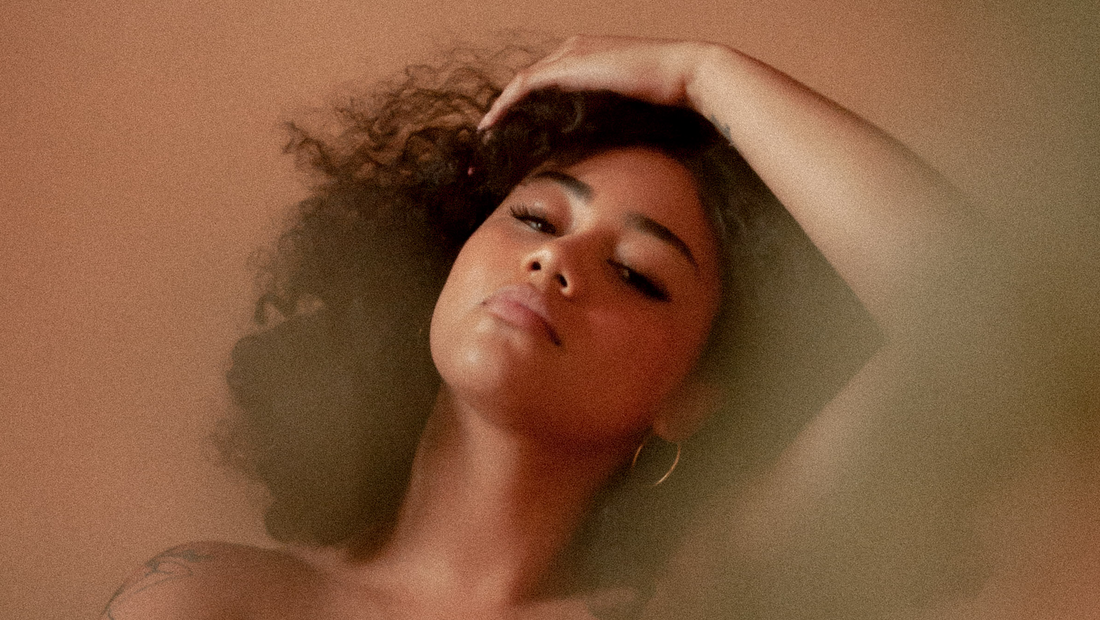Momotaro Apotheca and its materials are not intended to treat, diagnose, cure or prevent any disease. All material on Momotaro Apotheca is provided for educational purposes only. Always seek the advice of your physician or other qualified healthcare provider for any questions you have regarding a medical condition.

Never Been to the Gynecologist, Like Ever?
Share
Nervous about your first trip to the Gynecologist? No worries! Our friend and (let it be known) current high school senior, Zarah Khondoker, gives us a little GYNO 101 on what to expect during your very first visit.
This article was written for peer to peer context by Zarah Khondoker and edited by Momotaro Apotheca

First Visits and Creating a Bond
When making an appointment with a gynecologist, take a few deep breaths and remind yourself that you are taking care of your body. That’s something to be proud of.
Now let’s get into it. Your very first visit is more focused on your gynecologist getting to know you and your medical history. The process usually consists of a couple things including a general physical exam with things such as height, weight, and blood pressure. They might even add in an external vulva exam, or intravaginal exam with a speculum. This may feel uncomfortable at first, but it is extremely routine, and only meant to serve as part of your general well-being check-up. Hot tip, make sure you’re ready to talk about it all.
Although this may be hard at first, conversation is critical when it comes to your body, and having open and honest communication with your gynecologist it key to receiving the care your deserve Creating a “safe bond” with your provider is one of the best things you can do for your body, and especially your vagina. Speak with your providers about periods, new love interests, your mental health, and STI’s, the sky’s the limit when it comes to telling your gyno about the details of your daily life. The more your gynecologist knows about you, the better they will be able to take care of your unique body. This (should be) a judgment free zone.
How Should I Prepare?
A first visit may seem daunting, but the truth is, it doesn’t have to be. Start off by understanding why you’re visiting the gyno is a good place to start. What questions do I have?
READ MORE:Prepare for Your OB/GYN Appointment Like An OB/GYN
By compiling a list of questions you may be able to ask your gyno, it’ll make the conversation easier, and have a good chunk of your concerns addressed. While sitting in a nice bubble bath and thinking about what you’re going to ask your gyno, it’s probably time to take a trip into family history. This will help your gynecologist determine risk factors, preventative treatment and help create a cohesive long term health plan for you. A good example of something to note may be the presence of the BRCA gene in your family. If you have access to family or medical history documentation, this is a good time to do that research. If you don't, that's ok too.
READ MORE:How to Give Yourself a Self Breast Exam
In addition to this, you should probably be ready to answer some personal questions about yourself, including your sex life, period experiences, medications, and so forth.
Here’s another thing to know before going: Gynecologists, nurses, and medical professionals in general do NOT care about your appearances down there at all! They understand that labias come in a vast array of shapes, sizes, and colors and that each patient will have a vulva unique to their body! When you go, be sure to tell them it’s your first time visiting a gynecologist, and they’ll walk you through the different steps of the visit , and take the time to speak with you about your questions, concerns or general anatomy.
It’s time to learn about yourself.
Why We Don’t Go, But Should
There’s a common misconception that seems to be circulating among some parents of young folks that: you only go to a gynecologist if you’re sexually active or pregnant, otherwise it’s not necessary. As a teenager in a brown household, I’ve experienced some of those comments and assumptions from people around me, but the truth is that those statements are far from reality. As we know, there are cultural stigmas around visiting a gynecologist. At the end of the day, going to the gynecologist is about taking your health into your hands and acknowledging that sexual wellness is wellness.
No stigma or shame allowed!
First gyno visits for teens and adolescents should start at the age of 13-15. Why you may ask? Our relationship with our gyno is crucial to caring for ourselves. Periods, sex, and a general understanding of our sexual health should start at a young age so to create a life long holistic understanding of not only our physical anatomy and general health but a comprehensive understanding of likes, dislikes, needs, wants and boundaries. Young people should know about their own bodies: how they work, how they feel, and how to keep them healthy. This knowledge allows you to take your sexual wellness into your hands and know when you are truly receiving the care you need. After all, YOU should know your body better than anyone else.
We deserve to know about our bodies and their capabilities, and that means starting early.
Further Reading:
What Should Your Vulva Actually Look Like?
Yes, There's a Difference Between Your Vulva & Vagina
Shedding Sexual Shame After Really Bad Sex Ed By: Tatyannah King (she/her)

